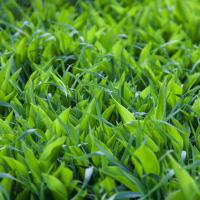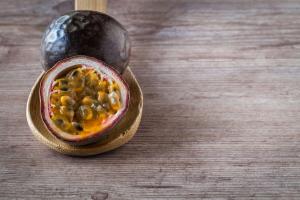Is a Rubber Tree Plant Poisonous to Cats?
If you're a cat parent and have recently brought home a rubber tree plant, you might be wondering about its impact on your furry friend. While rubber tree plants are a popular houseplant, they also happen to be toxic to pets, including cats. In this article, we'll delve into the reasons why rubber tree plants are poisonous to cats and what you can do to keep your feline friend safe.
What Makes Rubber Tree Plants Toxic to Cats?
Rubber tree plants contain a toxic substance called ficin, which is primarily found in their sap. Ficin is a digestive enzyme that can cause mild to severe gastrointestinal issues such as vomiting, diarrhea, and nausea if ingested by cats. While ficin is mostly concentrated in the sap, it can also be present in the leaves and stems of the plant.
What Are the Symptoms of Poisoning in Cats?
If your cat has ingested any part of the rubber tree plant, you may notice the following symptoms:
Vomiting
Diarrhea
Loss of appetite
Lethargy
Weakness
Difficulty breathing
If you notice any of these symptoms in your cat after coming into contact with a rubber tree plant, it's important to seek veterinary care right away.
What Precautions Can You Take?
Here are some precautions you can take to prevent your cat from being poisoned by your rubber tree plant:
Keep your rubber tree plant out of reach of your cat. Place it on a high shelf or in a room that your cat cannot access.
Place a barrier around the rubber tree plant to keep your cat from getting too close.
Consider getting rid of your rubber tree plant if you have a curious or mischievous cat that likes to chew on plants.
Ensure that your cat has access to fresh water and food to prevent them from eating plants out of hunger.
What Should You Do if Your Cat Has Ingested a Rubber Tree Plant?
If you suspect that your cat has ingested part of a rubber tree plant, it's crucial to act quickly. Firstly, remove any remaining plant material from their mouth and seek veterinary care immediately. Your vet may recommend inducing vomiting or administering activated charcoal to prevent further absorption of toxins into your cat's system. In severe cases, hospitalization may be required.
Final Thoughts
In conclusion, the rubber tree plant is toxic to cats due to the presence of ficin enzymes in its sap, leaves, and stems. As a cat parent, it's crucial to keep your cat safe from this plant's toxic effects by taking necessary precautions such as keeping the plant away from your cat or placing a barrier. If your cat has ingested part of a rubber tree plant, seeking veterinary care as soon as possible is crucial for a swift and effective treatment.

 how many times do yo...
how many times do yo... how many planted tre...
how many planted tre... how many pine trees ...
how many pine trees ... how many pecan trees...
how many pecan trees... how many plants comp...
how many plants comp... how many plants can ...
how many plants can ... how many plants and ...
how many plants and ... how many pepper plan...
how many pepper plan...































